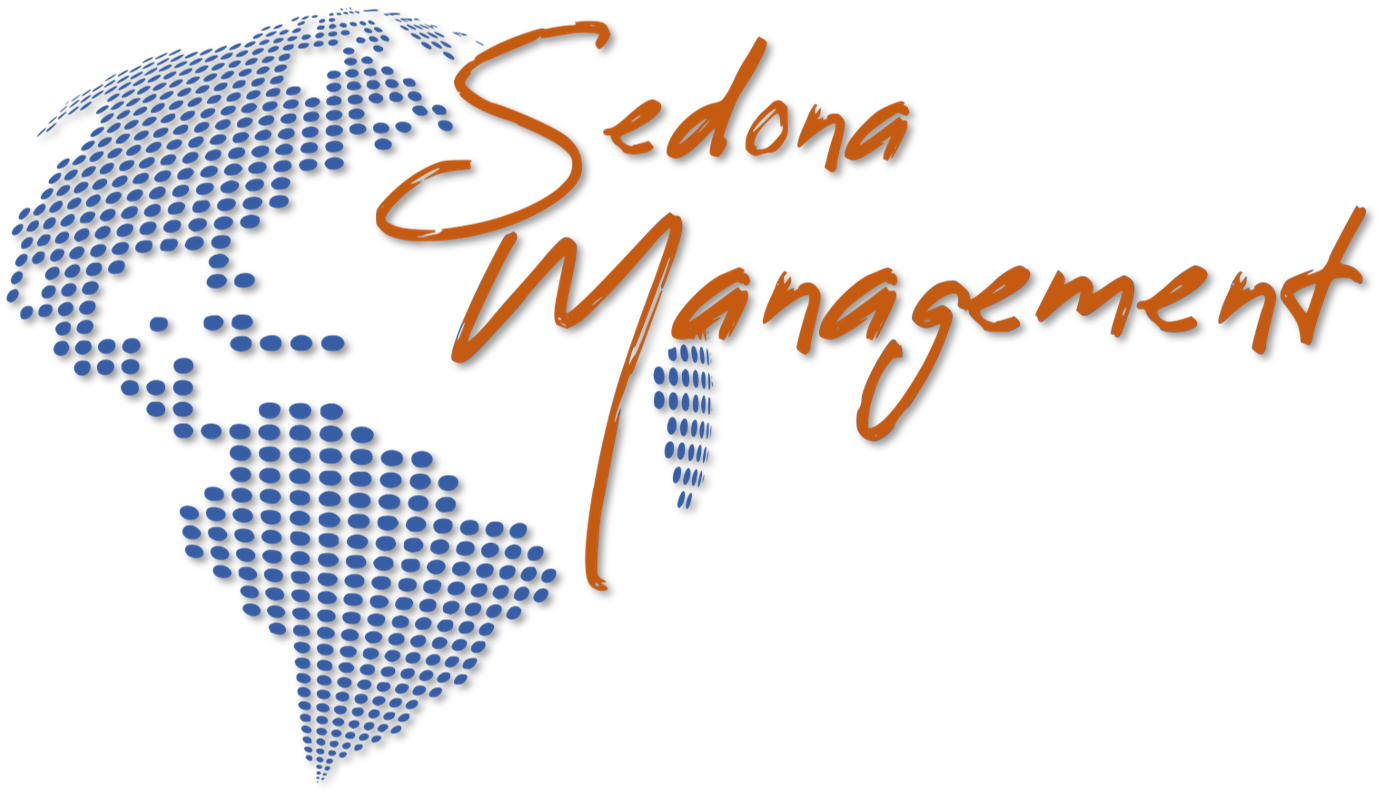Irresponsible behavior sometimes is simply a one-off where a person makes a mistake. But, when the person has complete consistent disregard for themselves and others then it turns into recklessness. This is similar to running a red light vs. consistently running red lights. So, what do you do when someone is always looking to argue and pick fights with those who they don’t like, for example?
Why working together isn't like flipping a switch?
One more on crises, what works?
There is danger at times when simplifying complex crises but sometimes simplification works. For example, when a crisis is mismanaged you will see chaos, blaming, name calling among others. So, what works? Consider five ingredients: Leadership, Ideas, Process, Resources & Action. If a crisis is mismanaged, you will see that one or more of these is missing – what do you think?
What is the biggest challenge in a crisis?
What is the Dunning-Kruger effect?
You probably have worked with someone who thinks they are better than they actually are – welcome to the Dunning-Kruger effect. As a peer, manager or someone reporting to you, there are many challenges in working with this type of effect. So, how do you filter this out to your team when the culprit is your boss?
When is the right time for a reset?
What's the biggest threat to leadership?
A retired general once said that in the military there are many leaders but in war you need competent leaders. The same thing applies to business – in a crisis you need competent leaders. The reality is that not all leaders have the same level of competency so how do you manage working with an incompetent leader?
How do you manage stress, worry and anxiety?
Research shows that we are too stressed, worried and anxious. For example, about 40 million Americans say that they suffer from an anxiety disorder and 3 out of 4 are stressed. So, dealing with uncertainty and uncomfortable situations is inevitable but how do you deal with stress, worry and anxiety at work because they are all not the same?








